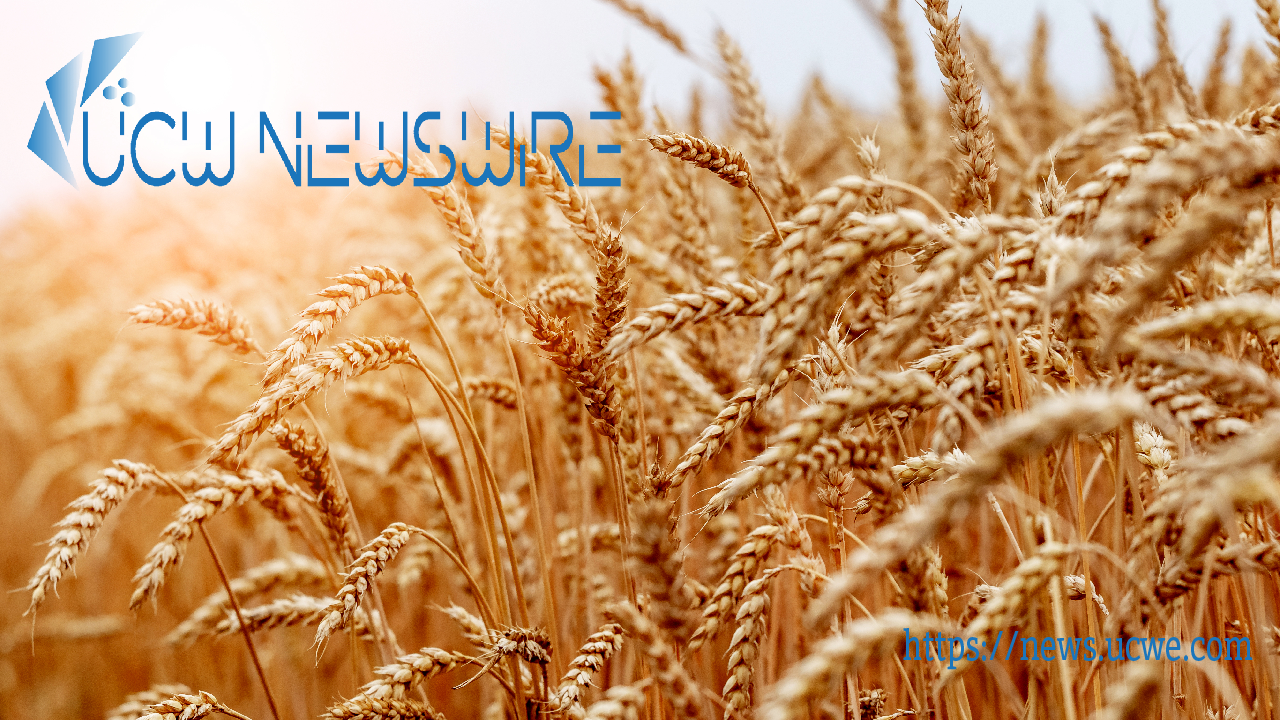Bunge and BKP Test Blockchain Traceability for Deforestation-Free Soybean Meal
Bunge Global SA and Bangkok Produce Merchandising Public Co. Ltd. (BKP), a subsidiary of Charoen Pokphand Foods Public Co. Ltd. (CP Foods), have successfully tested a blockchain-based traceability platform for

Bunge Global SA and Bangkok Produce Merchandising Public Co. Ltd. (BKP), a subsidiary of Charoen Pokphand Foods Public Co. Ltd. (CP Foods), have successfully tested a blockchain-based traceability platform for soybean meal shipments from Brazil to Thailand. The initiative aims to enhance transparency and sustainability in the supply chain, particularly ensuring the soy is deforestation-free.
The initial test involved three shipments totaling 185,000 tonnes of soybean meal, with three more shipments carrying an additional 180,000 tonnes expected by July. These shipments allow CP Foods to trace the soybeans from their farm origin, through processing and transportation, to their final delivery in Thailand.
The blockchain platform, jointly tested by Bunge and BKP, complies with socio-environmental supplier verification protocols and ensures that the soybeans are sourced from high-priority regions with zero deforestation since 2020. This aligns with the sourcing standards developed by CP Foods. The platform also provides customers with information about the carbon footprint of the products and whether the farms have adopted regenerative agricultural practices.
“Adding a layer of blockchain technology improves the transparency in end-to-end traceability that Bunge has been doing for some years,” said Rossano de Angelis Jr., vice president of agribusiness in South America for Bunge. “This ability to increase end-consumer confidence in soy projects is only possible thanks to the robust supplier’s socio-environmental verification and monitoring system that we have structured over the last decade.”
Paisarn Kruawongvanich, CEO of BKP, emphasized the company’s commitment to connecting blockchain-based traceability solutions with suppliers, partners, and farmers worldwide to ensure transparency across its supply chain. He noted that the successful shipment of verified deforestation-free soybean meal marks a significant milestone for CP Foods’ goal of achieving 100% deforestation-free supply chains by 2025.
Bunge and BKP’s collaboration began in October 2023 with an agreement to develop a blockchain traceability solution. The ongoing tests aim to automate the connection between Bunge and BKP’s supplier management and socio-environmental monitoring systems with a digital platform. This enables customers to monitor and receive product traceability data and access socio-environmental information from the sourced farms. The immutability of blockchain data ensures a high level of reliability and trust in the information provided.
Since the end of 2022, Bunge’s supplier monitoring system has covered more than 16,000 farms, encompassing around 20 million hectares in South America. The system uses advanced satellite technology to identify changes in land use and soybean planting on each monitored property. Bunge currently monitors its entire direct supplier base in deforestation-risk areas in Brazil and aims to cover all indirect suppliers by 2025. More than 97% of the soy sourced by Bunge in Brazil is already deforestation and conversion-free, bringing the company closer to its goal of achieving deforestation-free supply chains by 2025.
This innovative use of blockchain technology represents a significant step forward in ensuring sustainable agricultural practices and enhancing the transparency and efficiency of global supply chains.
Financial Desk

